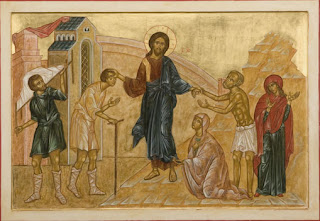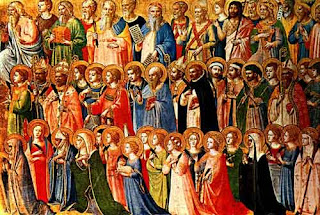Reflections on the Parable of the Dishonest Steward – Luke 16:1-13

Read the lesson here: Luke 16:1-13 Keep Your Eye on the Ball! Of all of Jesus’ parables this one is perhaps the most difficult to understand. A quick reading of this parable gives us the impression that Jesus is calling on his disciples to act more shrewdly even to the point of dishonesty! So, what is this parable about? It all seems so straight forward at first: A steward gets in trouble for “squandering” or mismanaging and is told he will be terminated. The steward, recognizing his complete unsuitability for physical labor comes up with a ruse to ingratiate his master’s debtors to himself. So he reduces the amount of the debts, collects the remainder of what is owed and earns the appreciation of the debtors. We expect that when the master finds out what he has done the steward will get punished in the end. But no, the master commends the shrewdness of the steward and Jesus finishes up by talking about the dangers of focusin...





